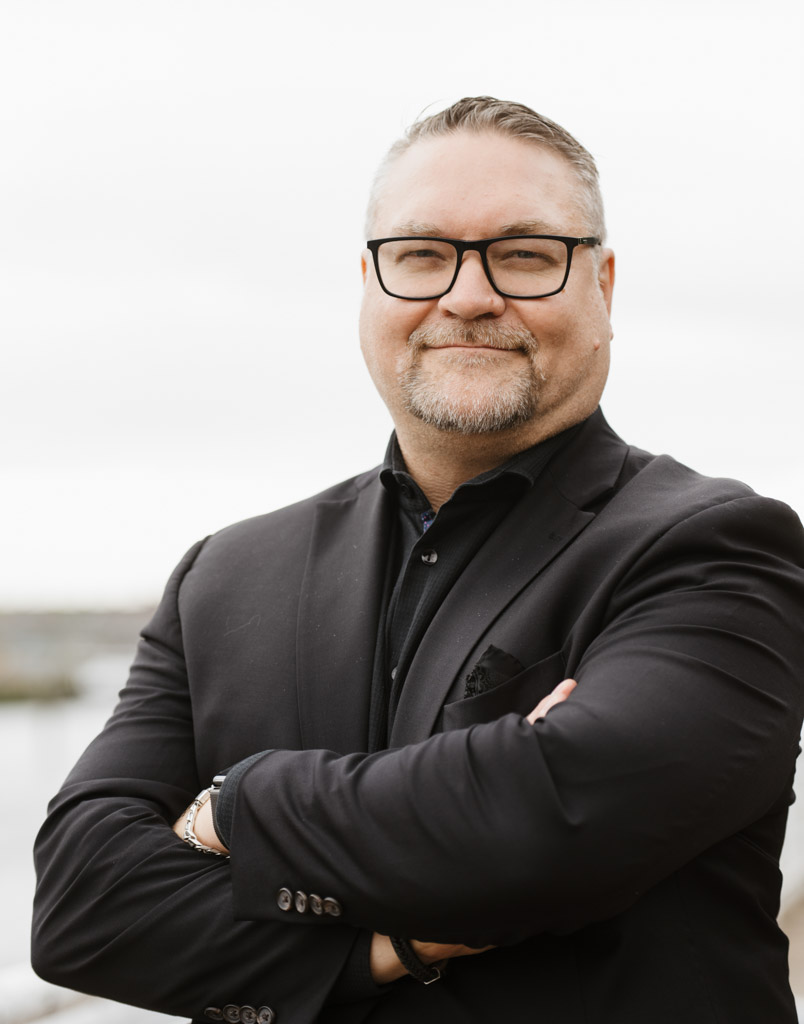# 29 – Why can’t we agree (on HPE terminology)?

Episode Host
Jason Frank.
Episode article
Finn, G. M., Charmer, B., Burton, O. E., Asif, A., Byrne, M. H. V., Brennan, N., Brown, M. E. L., & Research, the N. I. for C. E. (2023). How to … define clinical education research terminology: A glossary. The Clinical Teacher, 20(4), e13605. https://doi.org/10.1111/tct.13605
Enjoy listening to us at your preferred podcast player.
Meded and health professions education suffer from the lack of common agreement on terms. These authors set out to do something about it. This glossary, created by a panel of experts from the UK and Ireland, can it be a starting point for discourse and debate in the HPE community? Hear how the hosts debate and give example of terms and words with double or ambiguous meaning.
Episode notes
Every language is a world. Without translation, we would inhabit parishes bordering on silence.
George Steiner
Background
Most fields of human endeavour naturally develop their own jargon. Words are identified that reflect a community’s issues, ideas, concepts, providing a way of thinking and efficient communication. In HPE/MedEd, we often take pride in terms we have developed to describe our unique intersection of so many disciplines (medicine, sociology, philosophy, psychology, education, etc.) applied to preparing health professionals for society.
Except when we don’t. How many HPE words can you think of immediately that are terms with different meanings in different countries or professions or groups of scholars? How about the term “resident”? “Fellow”? “Evaluation” vs “assessment”? “Scholarship” even? In my view, this is a major problem holding back our field. We lack clarity in our conference debates. Our literature is littered with numerous names for various terms. We talk past each other. Outsiders wonder if we are amateurs. Our confused clarity impairs our methods and paradigms. This hurts our grant applications. It annoys novices in our field. We are limited in our lack of a lingua franca.
Why do you think we have this phenomenon?
”A lingua franca (/ˌlɪŋɡwə ˈfræŋkə/; lit. ’Frankish tongue’; for plurals see § Usage notes), also known as a bridge language, common language, trade language, auxiliary language, vehicular language, or link language, is a language systematically used to make communication possible between groups of people who do not share a native language or dialect, particularly when it is a third language that is distinct from both of the speakers’ native languages.”
Purpose
Enter Gabrielle Finn et al, on behalf of the UK NIGH Incubator for Clinical Education Research. The authors, as part of this collaborative, “set about to creating a glossary of terms frequently used in…” clinical education research. Their vision was to aid early career HPE researchers and move our field to greater clarity and impact.
Methods
This work was one stream in a national research incubator initiative. A “diverse” expert panel of 72 researchers from UK & Ireland was created (no description of how or who) to review common HPE terms. Through an iterative group process involving email and zoom calls (no description of methods beyond that) the panel generated terms, then definitions with citations. Community-checking was done via social media (I must have missed that). Recommendations for use of the glossary were also developed post-hoc.
Results/Findings
172 terms were defined, with a summary, infographic and reference.
6 recommendations for use were provided (e.g. hold glossary-based discussions).
Conclusions
The authors hope the provided glossary will enhance rigour in our field while helping novices access our unique jargon.
Comments / PAPER Clips
- Our field does indeed suffer from a lack of agreement on our core terms.
- Glossaries like these have been developed before by many groups. None have become the gold standard and there is no mechanism to debate our terms worldwide, let alone evolve them.
- While this glossary is basic, UK-centric, and focused entirely on research terms, it has the potential to improve consistency in our field.
- While all meaning is socially constructed, glossaries can be “starting points” for discourse.

0 comments